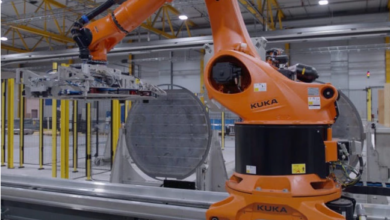HydrogenOne invests in NanoSUN
HydrogenOne aims to invest in hydrogen, and complementary hydrogen focussed assets.

HydrogenOne Capital Growth Plc has signed definitive agreements for a private equity investment of £9.05 million in NanoSUN Limited.
HydrogenOne’s investment in NanoSUN forms part of a £12 million fundraising round, introducing other new investors, including strategic investor Germany’s Westfalen Group. The investment allows HydrogenOne the right to a board seat at NanoSUN.
NanoSUN’s mobile Pioneer Hydrogen Refuelling Stations provide a flexible and low-cost connection between hydrogen customers such as truck stops and concentrated hydrogen supply sources. The Pioneer units are filled with hydrogen at the source, and transported to customer sites, where they provide storage and refuelling facilities, all in a single and re-fillable system.
Simon Hogan, Chairman of HydrogenOne, said, “NanoSUN’s refuelling equipment is set to be integral in the downstream hydrogen sector, and HydrogenOne believes that NanoSUN will be a leader in this field.”
Graham Hodgson, NanoSUN’s Chairman, added, “This fundraise is all about scaling NanoSUN so we can help our customers to accelerate the roll-out of thousands of fleets of hydrogen buses, trucks, vans and forklifts over the coming years.”
Last month, HydrogenOne signed definitive agreements for a private equity investment of £10 million in HiiROC Limited (an innovative supplier of clean hydrogen production technology). The investment was part of a ~£26 million fundraising round, introducing other new investors, including Melrose Industries, Centrica, Hyundai and Kia, alongside existing strategic investors Wintershall Dea and VNG.
HiiROC technology converts biomethane or natural gas into clean hydrogen and carbon black through a proprietary electrolysis process using thermal plasma. This results in zero CO2 hydrogen production, known as ‘turquoise hydrogen’, at a cost comparable to the predominant, but high emission, steam methane reforming process, and only using only one-fifth of the energy required by water electrolysis. The solid carbon byproduct, carbon black can be used in tyres, building materials, and soil enhancers.
